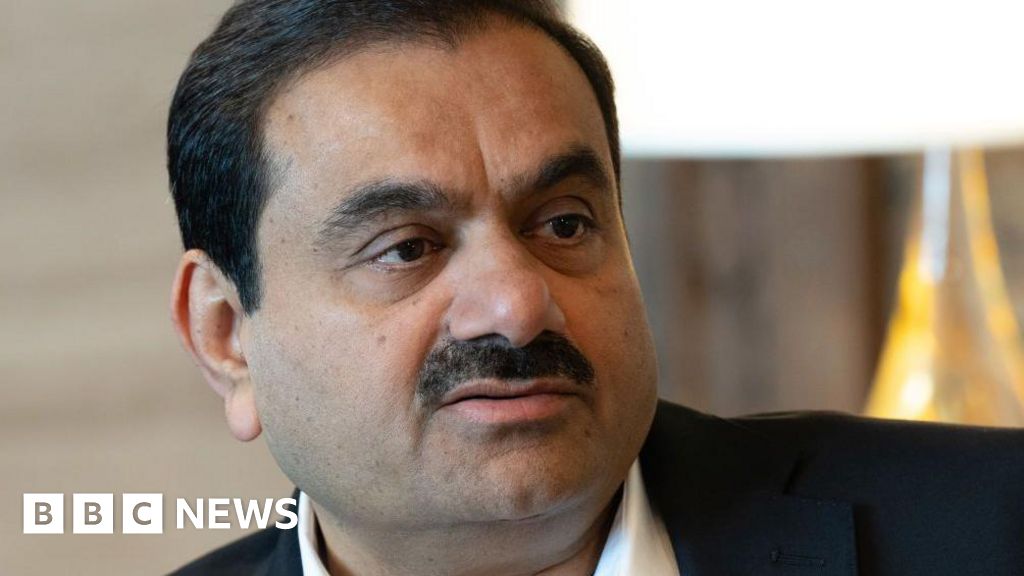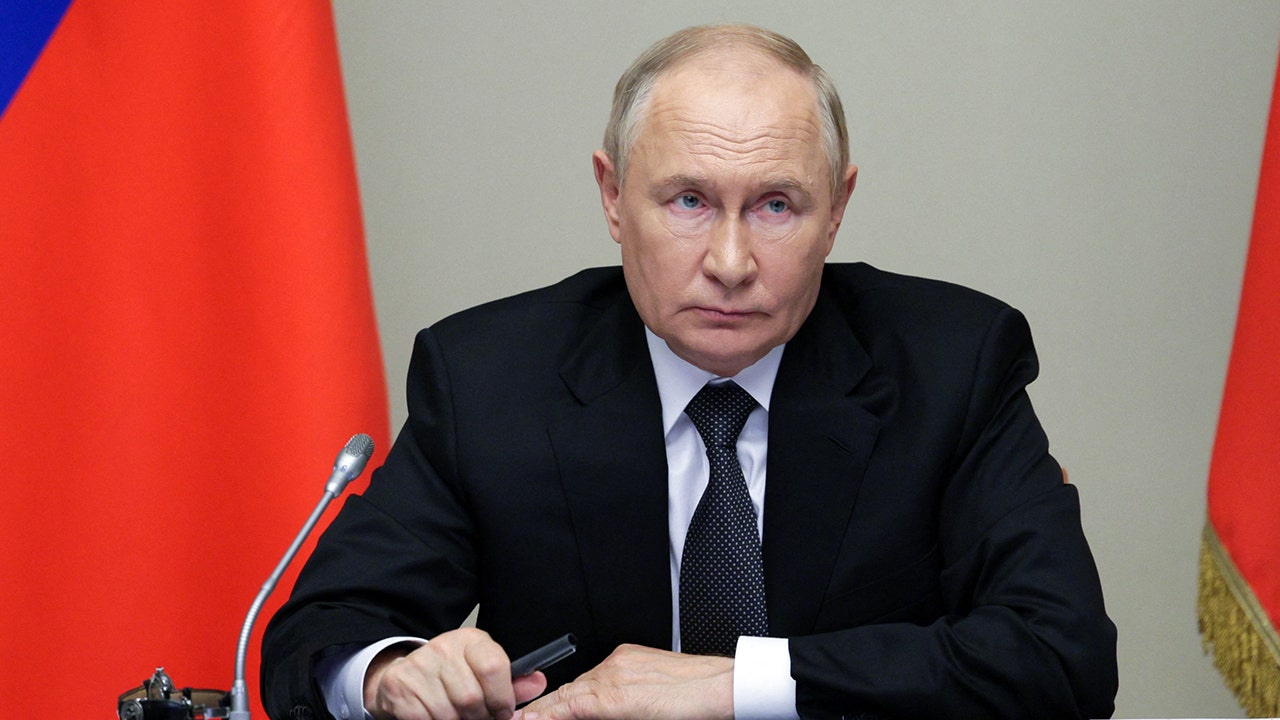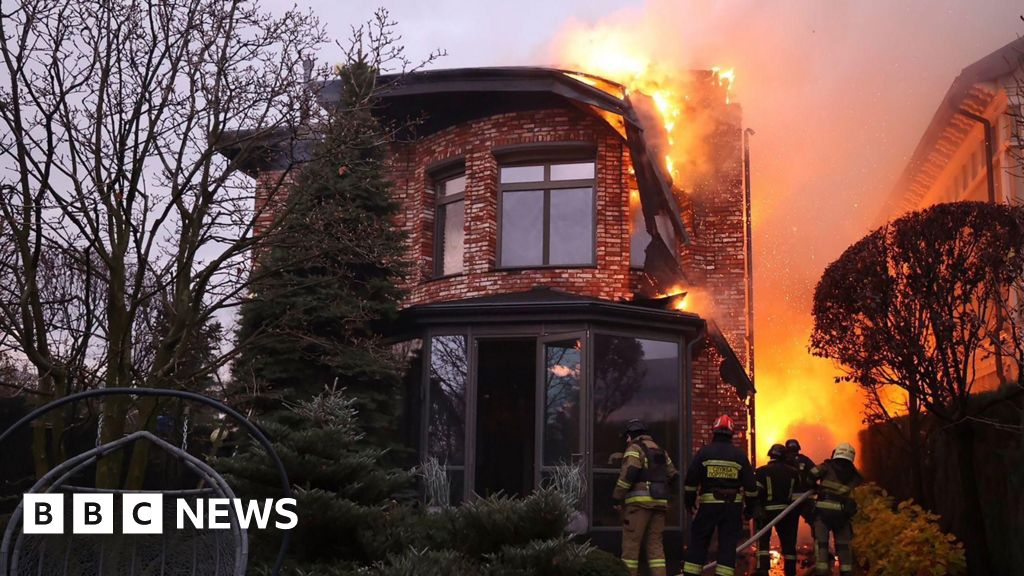World
Inflation drops again in the U.S., could lead to cut in interest rates

By CHRISTOPHER RUGABER, AP Economics Writer
WASHINGTON (AP) — Inflation in the United States cooled in June for a third straight month, a sign that the worst price spike in four decades is steadily fading and may soon usher in interest rate cuts by the Federal Reserve.
In a better-than-expected report, consumer prices declined 0.1% from May to June after having remained flat the previous month, the Labor Department said Thursday. It was the first monthly decline in overall inflation since May 2020, when the economy was paralyzed by the pandemic.
And measured from one year earlier, prices were up 3% in June, cooler than the 3.3% annual rate in May.
The latest inflation readings will likely help convince the Fed’s policymakers that inflation is returning to their 2% target. A brief pickup in inflation early this year had caused the officials to scale back their expectations for interest rate cuts. The policymakers said they would need to see several months of mild price increases to feel confident enough to cut their key rate from its 23-year high.
The June figures will qualify as another installment of the more good inflation data the central bank has been seeking. Should inflation remain low through the summer, most economists expect the Fed to begin cutting its benchmark rate in September.
“This confirms that there is very little chance of inflation re-accelerating and that it’s time for some rate cuts from the Fed,” said Luke Tilley, chief economist at Wilmington Trust, a wealth management firm.
Tilley noted that measures of rent and homeownership costs cooled significantly last month, a long-awaited development. Rental prices typically don’t change much from month to month, he noted, which means that the slower price increases in June will probably continue.
Even as inflation slows, though, the costs of food, rent, health care and other necessities remain much higher than they were before the pandemic — a source of public discontent and a potential threat to President Joe Biden’s re-election bid.








